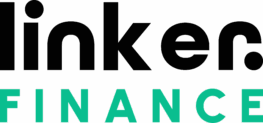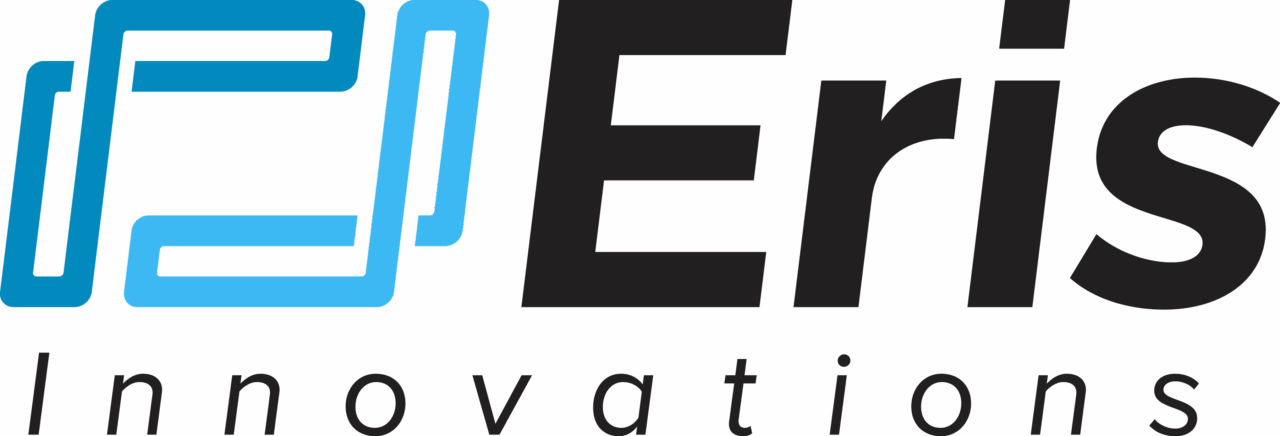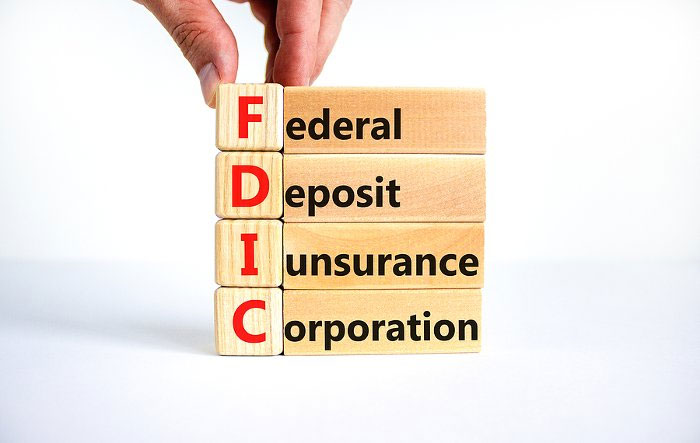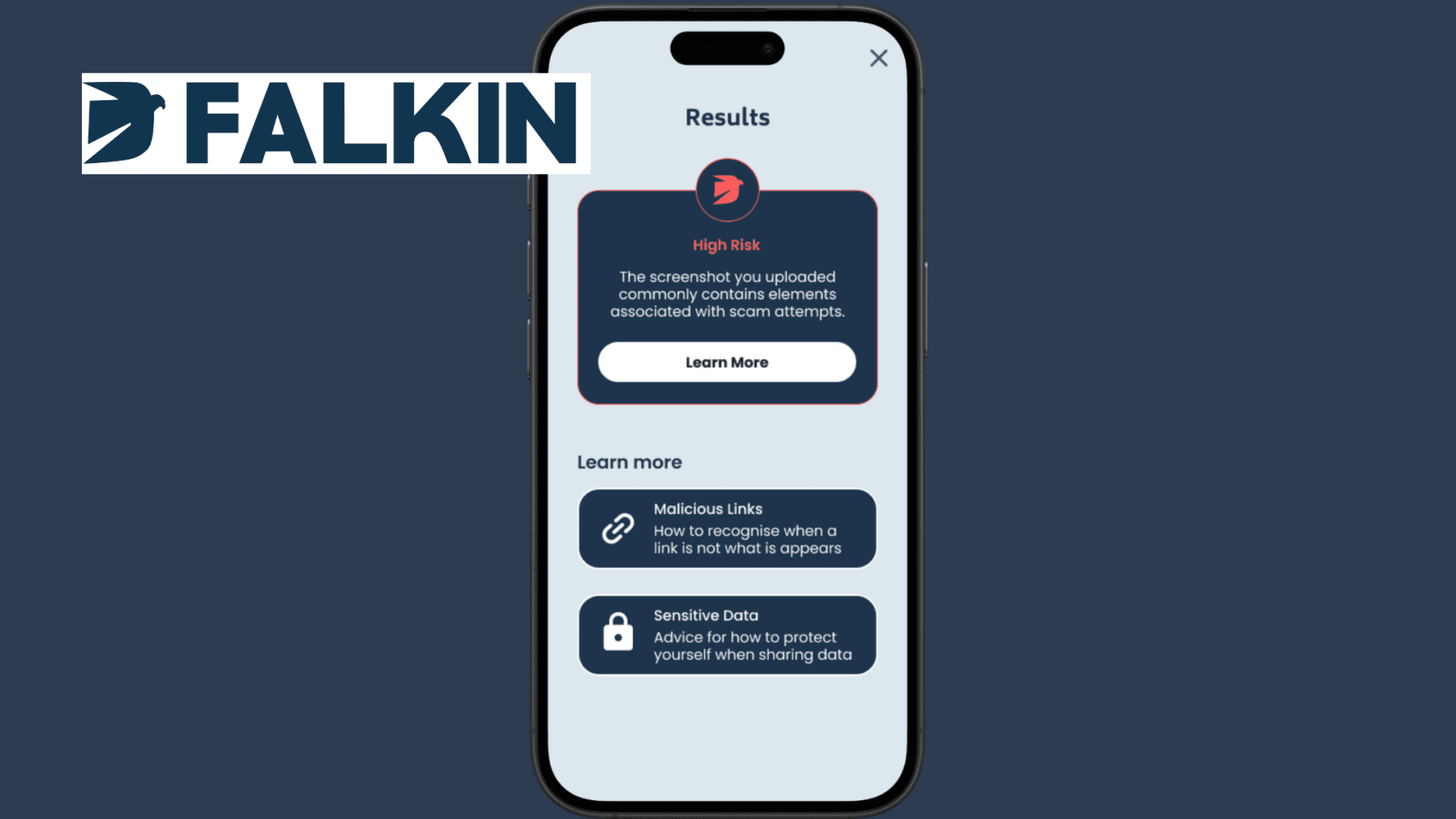For a frontline teller dispensing $2 bills to customers, industry advancement to a bank’s C-suite might seem daunting. But many have done it, proving that the path may be clearer than it may seem.
The professional steppingstones include career assets such as knowledge, tact, ambition, strategy, skill-building, and a firm grasp of the industry’s unwritten rules.
Tellers gain valuable experience working with customers, managing cash, and learning compliance basics. But to move upward, they’ll need to build on that foundation with financial knowledge.
Foundational Education in Financial Services
Investopedia reports that, in terms of foundational education, a financial services career as a teller can successfully be launched by a high school graduate. Further advancement, however, will rely on at least a bachelor’s degree in finance, business, economics, or other relevant disciplines.
Atop that, some specific know-how is crucial. The Techy Life (an industry news and analysis resource) outlines some of the industry-specific knowledge necessary to move up in the bank hierarchy:
- Credit and Lending Basics: Understanding FICO, how banks evaluate credit risk and structure loans is essential for advancing into personal banking, underwriting, or commercial lending roles.
- Regulatory Compliance: A solid grasp of the Bank Secrecy Act (BSA), anti-money laundering (AML) laws, and know-your-customer (KYC) protocols is essential for those interested in bank compliance or risk-related careers.
- Financial Analysis and Accounting: For those aiming at analyst or finance roles, fluency in Excel, basic financial modeling, and accounting principles—particularly Generally Accepted Accounting Principles (GAAP)—are must-haves.
Gaining the Necessary Education to Advance as a Teller
Fortunately for those angling for a leadership role within the institution, there are numerous, accessible, low-cost options to master these disciplines:
- The ABA’s online training programs, including its Banking Basics Suite and Certificate in Business and Commercial Lending, offer foundational coursework for entry-level bankers.
- Community colleges or local universities often provide affordable accounting and finance classes to build technical skills, notes Teal, a résumé-building service provider.
- Fiserv advises that a bank’s Internal training programs or tuition reimbursement initiatives can help employees upskill without changing jobs.
Education alone, however, doesn’t guarantee advancement. It must be paired with internal visibility and networking.
Internal Visibility & Mentorship: Keys to Climbing the Bank Ladder
While knowledge opens doors, relationships keep them open. Advancement in financial services often hinges on strategic networking and internal visibility.
- The Power of Mentorship and Sponsorship: According to McKinsey & Company’s 2023 “Women in the Workplace” report, employees with mentors are 56 percent more likely to be promoted than those without. Mentorship provides access to informal knowledge, internal advocates, and strategic advice, particularly critical in hierarchical fields like banking.
- Building Connections Beyond the Branch: Professional associations in the banking industry host networking events and webinars where tellers can meet mid-level professionals and decision-makers. Even short conversations with these resources can yield vast returns in career advancement.
High-profile networking organizations in the banking industry include:
- Risk Management Association (RMA)
- Financial Managers Society (FMS)
- Institute of Management Accountants (IMA)
Communication, Adaptability, Leadership: Essential Soft Skills for Bank Careers
As the LinkedIn Learning Workplace Learning Report notes, 89 percent of talent professionals believe that strong communication, adaptability, and leadership presence (emotional intelligence or EQ) are just as important as technical skills. Joining public speaking groups like Toastmasters or volunteering for cross-functional projects can showcase initiative and improve visibility.
Stay Informed with Essential Banking Industry News
Must-Reads for Aspiring Bank Leaders
To grow in a banking career, ambitious novices must start reading—and thinking—like a banker. Several key publications deliver vital insights into the financial services landscape. These include:
- Banking+: Its editorial outlook is to focus a national spotlight on community bankers, putting a human face on the financial services industry. Supplies financial services-related news, lifestyle information, and advice on leadership, career growth, and skill-building.
- American Banker: Offers up-to-the-minute coverage of industry topics including banking policy, regulatory change, and fintech disruption.
- Bank Director: Focuses on corporate governance, strategic planning, and succession—critical topics for those eyeing executive roles.
- The Financial Brand: Specializes in consumer banking trends, digital transformation, and marketing strategy.
- The ABA Banking Journal: Provides case studies, interviews, and compliance-related content for community bankers.
Must-Listen Banking Podcasts for Aspiring Leaders
For auditory learners, there are a number of podcast sources for sharp commentary, insightful dialog, and forecasts about the industry’s future. They include:
- Travillian Next, featuring spirited analysis of trends and tactics with bank professionals across the U.S.
- The Community Bank Podcast, which includes commentator Chris Nichols, Director of Capital Markets, South State Bank
- Maxfield on Banks, in which John C. Maxfield provides insights into turning everyday professionals into trailblazers
- The Bank Slate Convos, an audio outlet for Paul Davis, expert in banking and fintech
- What’s Going on in Banking? It’s a question that host Ron Shevlin, Chief Research Officer for Cornerstone Advisors, answers through monthly episode drops
- Plugged In – A Banking Podcast teams Al Dominick with Steve Williams to provide an “unfiltered” look at the financial world, complete with song references
- Breaking Banks, which is self-described as “…an audio exploration of the personalities, startups, innovators, and industry players driving disruption in financial services, from incumbents to unicorns.”
Strategic Education Choices: Which Banking Qualifications Pay Off?
Not all degrees and certifications offer equal return on their investments of time and funds. Choosing the right one depends on the desired trajectory.
Certified Public Accountant (CPA) – Your Path to CFO & Audit Roles
If a career goal is to become a bank CFO, controller, or internal auditor, the CPA credential is invaluable.
According to the American Institute of CPAs (AICPA), CPAs earn 10–15 percent more than noncertified peers. Expect to spend $3,000–$5,000 on prep courses and exams, plus meet the 150 college credit hour requirement.
Master of Business Administration (MBA) – Pathway to Banking Leadership Roles
MBAs in banking are often the golden ticket to leadership in commercial lending, corporate strategy, and operations. The Graduate Management Admission Council (GMAC) reports that 87 percent of MBA graduates realize a positive financial return within three years.
While a top-tier program can cost $80,000 or more, online or regional options can offer similar professional gains at a fraction of the price.
Other Valuable Banking Certifications: CTFA, CFA, CRP & More
Professional certifications are another worthy route to skill-building for advancing bankers. Some of the most valuable certifications for banking professionals include:
- The ABA’s Certified Trust and Fiduciary Advisor (CTFA), excellent for those headed into wealth management.
- The Chartered Financial Analyst (CFA) designation. It’s prestigious but extremely rigorous and best suited for those entering investment banking or portfolio management.
- RMA’s Certified Risk Professional (CRP), which is ideal for aspiring risk officers and credit managers.
Understanding Salary Levels in Banking Roles
What might this knowledge base be worth? And how might expected earnings increase with deepening industry experience? Dave Yancoskie, Managing Partner at Travillian, suggests the following:
- For a fledgling financial or credit analyst, just after the completion of an undergraduate degree, the compensation generally comes in at $60,000–$70,000 per year, with a 5–10 percent bonus.
- At the senior credit analyst level, attained generally after two to three years’ experience, yields a salary of $80,000–$115,000 annually, with no bonus increase at this stage.
- With strengthened sales capabilities and a senior portfolio manager title, yearly earnings fall in the $135,000 –$190,000 range. The bonus structure jumps to 15–20 percent.
- Senior relationship manager pay is, on average, $175,000–$250,000 per annum and a bonus rate of 40–100 percent. This level of earnings reflects the high degree of skill inherent in the role and its significant contributions to the overall success of the bank.
Use Initiative to Climb Your Banking Career Ladder
Ultimately, the best catalyst for career advancement isn’t a degree or a connection—it’s initiative. Whether that means volunteering to help with audits, cross-training in another department, or offering process improvements, stepping up is often what gets noticed.
Testifying to the possibilities for career advancement in the banking industry is Ashley Kelly, Vice President and Senior Business Consultant at JPMorgan Chase. In her interview for the STN podcast, she says: “I got a part-time job as a teller, and that is what started the trajectory of my [banking] career…. I worked my way up to a vice president role, constantly asking for chances. Teaching myself the ropes as a business banker was tough…. But I had grit, a strong will, and a burning desire to make a difference and make something of myself.”
Advancement in banking doesn’t require waiting for an invitation. With the right mindset, resources, and relationships, the teller line can be the launchpad to a dynamic and rewarding career.



















